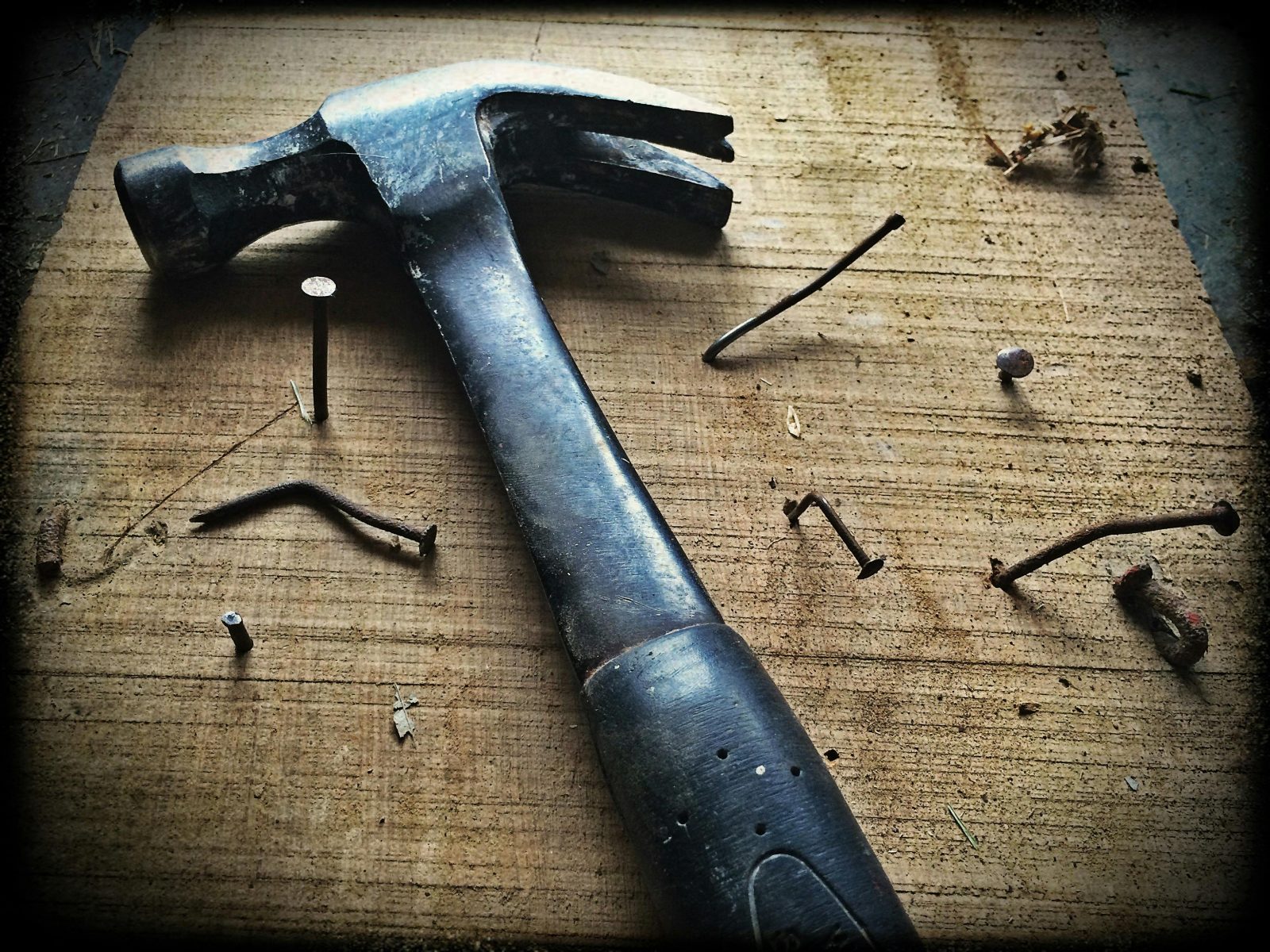When you decides to buy or sell your property, the process can be overwhelming. The temptation to save on costs by handling the conveyancing yourself might seem appealing. However, DIY conveyancing can lead to serious risks. While it may seem like a simple task on the surface, there are numerous complexities involved in the legal aspects of property transactions. Missing key steps or making mistakes can cost you far more than you intended to save. Understanding the hidden dangers can help you make a more informed decision about whether DIY conveyancing is the right path for you.
Missing Critical Searches
One of the most significant risks of DIY conveyancing is the potential to miss crucial property searches. Searches, such as those related to local authority plans, environmental hazards, or flooding risks, provide essential information about the property’s legal standing and potential future problems. If you skip these searches or don’t know where to look, you might unknowingly purchase a property with serious issues that could affect its value or your ability to live there.
If you fail to check whether the property is affected by a future development project, you might find yourself stuck with a home that’s surrounded by construction noise or major disruptions. Conveyancing specialists are trained to request and interpret these searches, ensuring you’re fully informed before committing.
The Risk of Incomplete Legal Paperwork
Conveyancing involves an extensive amount of legal paperwork that must be completed correctly to ensure the transaction goes smoothly. Even a small error can lead to serious complications, such as delays, additional costs, or even legal disputes. This is where many DIY conveyancers run into trouble. You might think that signing a document is straightforward, but the implications of missing a clause or misunderstanding legal terminology can be far-reaching.
Without the expertise of a solicitor or licensed conveyancer, you risk leaving key details out of contracts or failing to follow proper legal procedures. Conveyancing specialists have the experience to manage this paperwork with precision, ensuring everything is completed correctly and in line with UK property law. They can also anticipate any issues that might arise, saving you from unnecessary headaches.
Financial Fraud and Scams
DIY conveyancing also opens you up to the risk of financial fraud. Unfortunately, property transactions can attract scammers who exploit the trust involved in such significant financial dealings. A common fraud involves cybercriminals intercepting email communications between you and the seller or your solicitor, tricking you into transferring money to the wrong account.
When you work with a professional, they are more likely to have security protocols in place to protect your money. Conveyancing specialists often use secure systems for money transfers and will double-check bank details to ensure your payment goes to the correct account. By handling the legal process yourself, you may miss these safeguards, increasing your risk of falling victim to fraud.
While DIY conveyancing might save you money initially, the hidden dangers can easily outweigh any savings. Having a professional handle the complexities of the process can provide peace of mind and ensure that your transaction is legally sound, leaving you to focus on the excitement of your new home.





